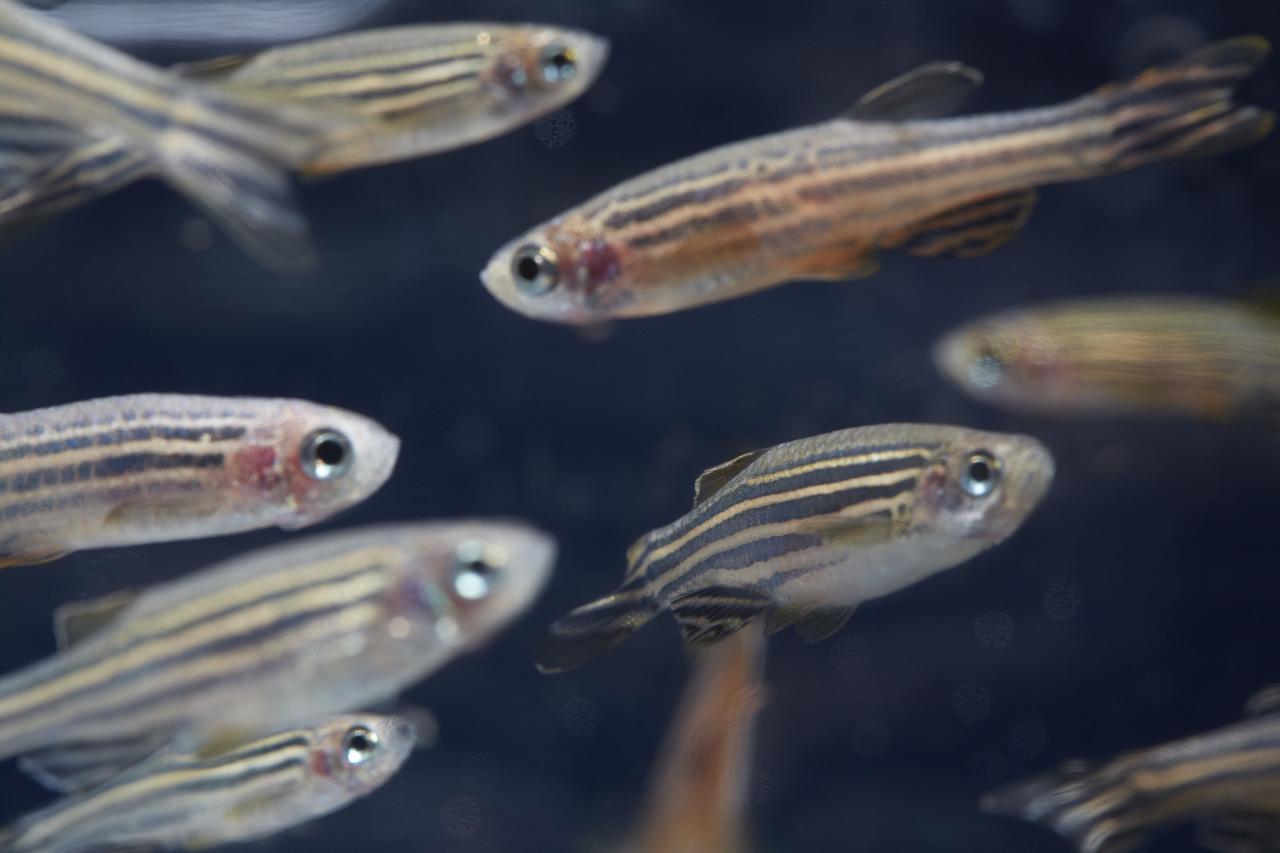In mammals, almost all cells can regrow but heart cells cannot. If heart muscle cells are damaged, for example by a heart attack, the heart is permanently weakened and this can lead to heart failure. Heart failure is the most common cause of hospital admission in Germany - there is no cure and only the symptoms can be treated.
Scientists have long known that the hearts of fish and amphibians can regenerate after injury. The biological mechanism behind this is cell division: the injury triggers biochemical processes that cause the cells to divide and multiply. Researchers are now hoping to learn more about this process.
"If we understand how fish do this, we can try to transfer this to human hearts," says Prof. Dr. Thomas Eschenhagen, Institute of Experimental Pharmacology and Toxicology at the University Hospital Hamburg-Eppendorf (UKE). In the project, his group will focus on whether the stimulation of cell division can benefit transplanted artificial heart tissue. "If successful, we will be able to combine the two most important concepts of heart regeneration and take an important step towards the first application to patients".
The German Primate Center will contribute its experience with animal models to cardiovascular research and, together with its partners in Italy and Spain, carry out the research that is essential for translation.
REANIMA is the first Europe-wide project that aims to bring results from early research to stimulate cell division towards medical applications for heart regeneration. The project activities range from the identification of new targets in animals to clinical studies in people.
The consortium is led by Dr. Miguel Torres of the Centro Nacional de Investigaciones Cardiovasculares, Madrid. Further partners are: University Hospital Hamburg-Eppendorf (Germany); King's College London (UK); University of Bern (Switzerland); Weizmann Institute of Science (Israel); Hubrecht Institute (Netherlands); ethris GmbH (Germany); ZeClinics SL (Spain); German Primate Center DPZ (Germany); Scuola Superiore Sant' Anna (Italy) and the Fraunhofer Institute for Cell Therapy and Immunology IZI (Germany).
Contact:
Prof. Thomas Eschenhagen, University Hospital Hamburg-Eppendorf, Institute for Experimental Pharmacology and Toxicology, t.eschenhagen(at)uke.de

